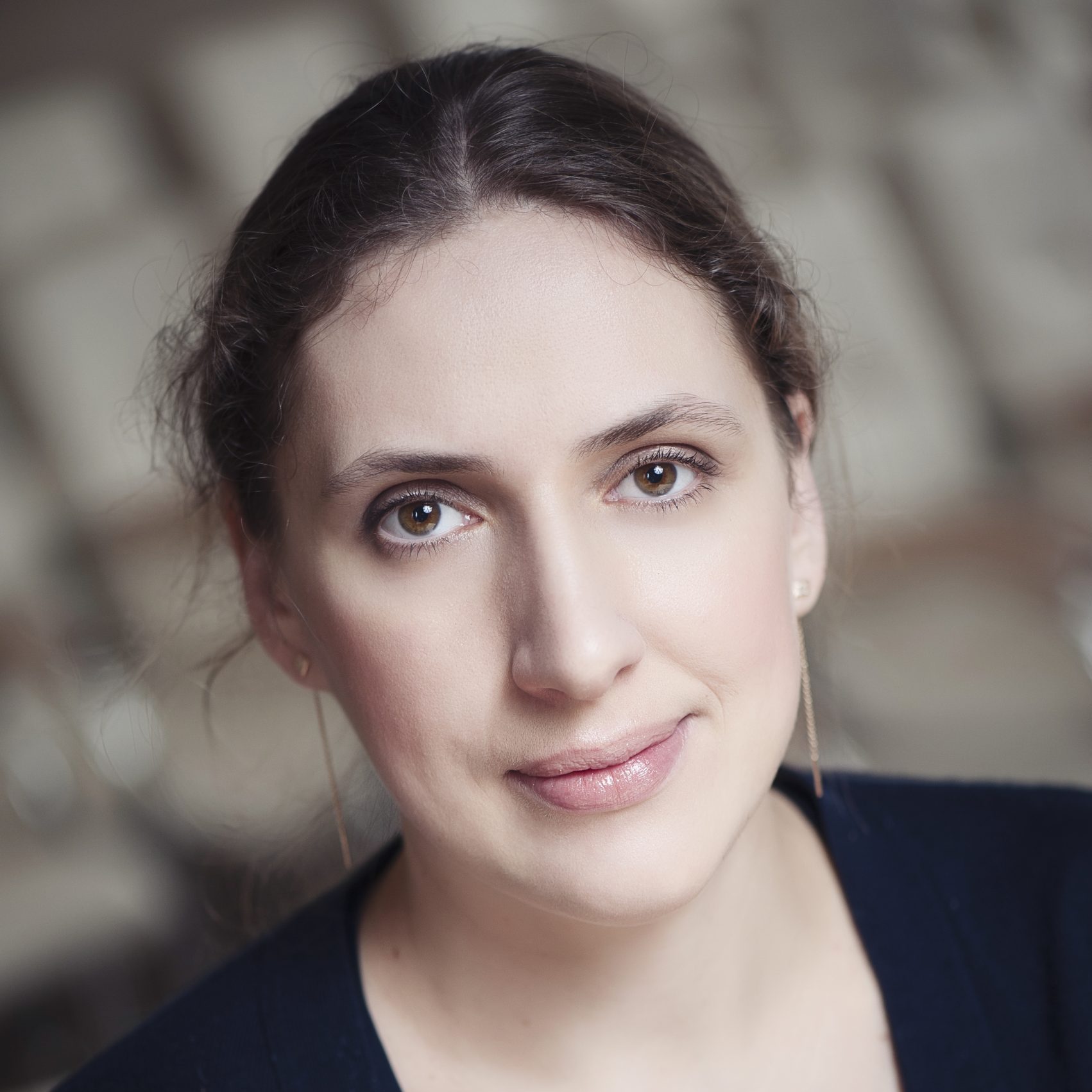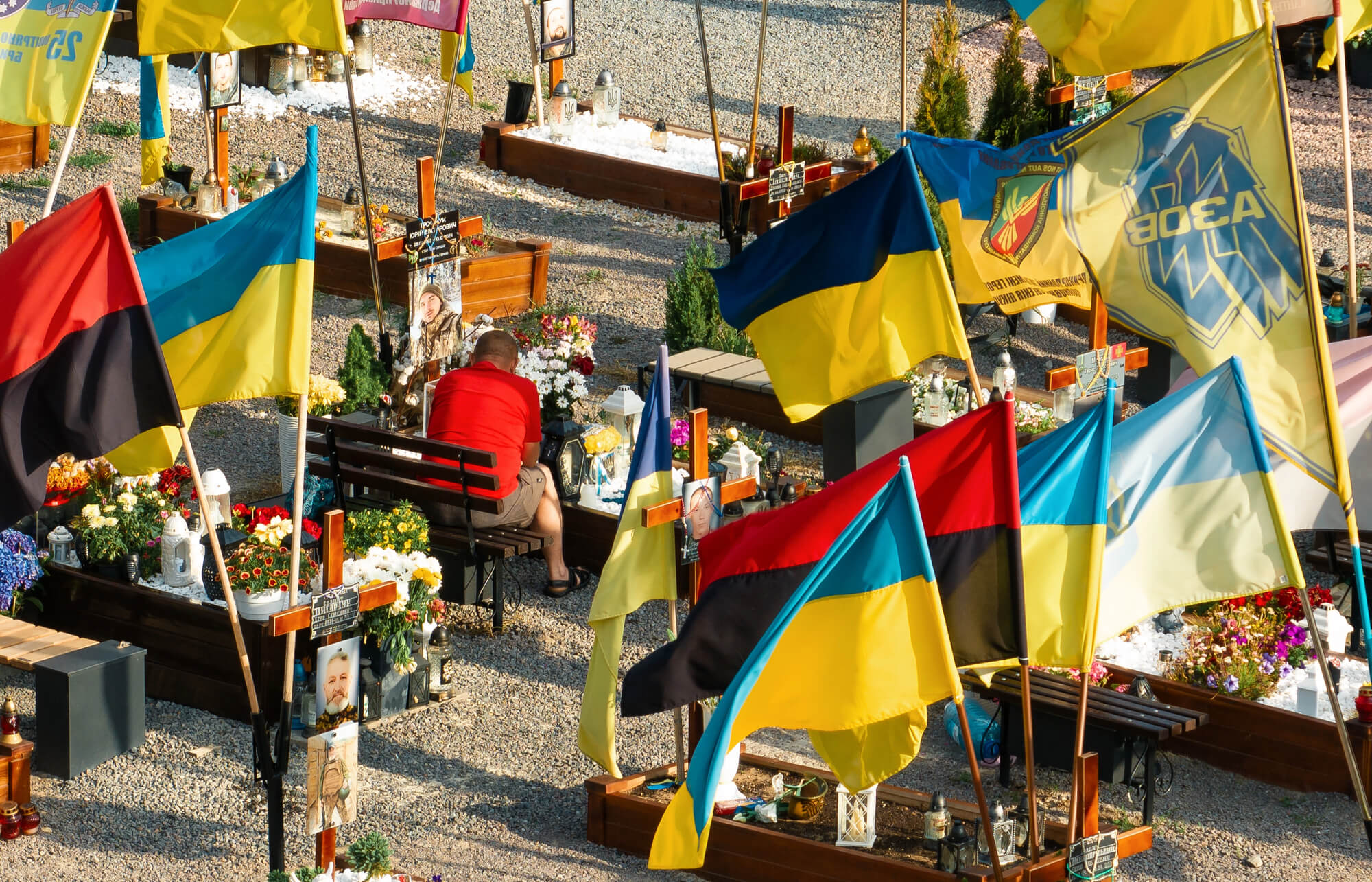The Russian attack on Ukraine rekindled debates about pros and cons of various economic and political models. Do we need a concentration of economic and political power to survive in the current environment? What is the role of the state? How much freedom should people have? China, Russia and others challenge the liberal world. Some say they are poised to dominate in the future but let’s take a long-term view.
In “The Economics of Forced Labor: The Soviet Gulag”, Paul Gregory and Valery Lazarev document that the productivity of GULAG prisoners (de facto slaves) was so low that overall the GULAG system was loss-making despite the fact the prisoners’ labour was essentially free. This economic dead end of GULAGs was a verdict for the Soviet system: coerced labor can deliver short-term results but it can hardly result in sustained economic growth. This glaring lack of understanding of modern development is striking given that even Marx declared slave labor less productive than “free wage labor”.
Only if a person is free to decide what to do and how to use the fruits of her work (which implies protection of property rights) will she have incentives to work hard and to be creative. All the amazing technological progress that we have today is due to millions of people who fought for economic and political freedom in the previous centuries. Freedom allows society to develop technology and other solutions to combat ever more complicated problems such as hunger, pandemics or climate change.
Certainly, not everyone likes that. We see constant attempts to introduce monopolies and thus limit economic and political freedom. For example, if there is only one enterprise in a town, it does not have to improve the quality of its product nor the working conditions of its employees – because people have no choice, especially if it is hard to leave the town. Likewise, if there is only one party (or one leader), this party or leader doesn’t need to care about the quality of life in their country. Instead, they convince their people that they live in the greatest country on Earth and brainwash them into loyal unquestioning subjects. To preserve their rule, they weed out anyone who questions “greatness” or otherwise stands out, calling this “equality”. This inevitably leads to degradation.
Sometimes “greatness” is tested by reality. For example, serfdom in the Russian empire was abolished after Russia decisively lost the Crimean war of 1853-1856 to England and France because Russia was so backward technologically. Yet Russia has been stubbornly trying to create modern-day slavery in different forms (collective farms, GULAG, etc.). Furthermore, it exported the ideology of forced labor under the “communism” label elsewhere (often successfully, like in China, Cuba, North Korea).
But if it is not productive, how can tyranny support itself? Apart from undermining more successful states (Russian politician Vladimir Zhyrinovskiy declared, “Why should we create sufferings for ourselves? Let’s create sufferings for others.”), autocratic regimes can thrive when they are open to technologies and capital from the free world. The economic “miracles” of “Asian Tigers” or Eastern Europe are based on trade with developed countries and investment from them, including technology transfer. Some of these countries adopted freedom as their basic value. At the same time, others continued to endorse limited freedoms and forced labor while reaping the benefits of trade with the free world. Thus, the EU and US remain the largest trading partners of China after ASEAN countries. Until 2022, the EU was the largest trading partner of Russia, well ahead of China. Despite that, the most extreme cases, like Russia or Iran, kept dreaming of destroying freedom.
The boldness of autocratic regimes partially stems from the weak response of the free world. When launching the full-scale invasion of Ukraine, Russia was sure of its impunity – and for good reason. Its attack on Moldova in 1991 and two bloody wars in Chechnya were barely noticed. After the Russian invasion of Georgia in 2008, the US “reset” relations with Russia. After Russia devastated Syria, the world focused on consequences (refugee crisis) rather than addressing the cause. After Russia attacked Ukraine in 2014 and illegally annexed Crimea, Europe kept increasing its dependence on Russian oil and gas. Even after the start of the 2022 genocidal war there were a lot of discussions on “peace talks” and “off-ramps” for Russia. This made Russia believe that Lenin was right when he said that “capitalists will sell us the rope on which we will hang them”.
The world must prove Lenin wrong and finally get serious about protecting its freedom. There should be a clear signal to Russia (and similar regimes) that they cannot simultaneously enjoy the fruits of Western values and abuse those values. These signals can be:
- confiscation of Russian assets (first of all but not only the frozen $300 billion of Russian central bank reserves) to pay for reconstruction of Ukraine;
- recognizing that Russia is a terrorist state and including it into the FATF black list so that foreign companies finally stop working in/with Russia (Russia’s suspension from FATF is good but not enough);
- cutting off the entire Russian banking system from SWIFT, leaving a single escrow account for the “oil for food” trading scheme (temporarily, until the world completely replaces Russian energy);
- exclusion of Russia from all the international clubs – the UN, the World Bank, the IMF and other multirately organization, the Olympic Committee and other sports associations etc.; exclusion of Russians from cultural exchanges;
- clearly stating that sanctions can be lifted only in exchange for Russia giving up nuclear weapons.
Any of these actions (better implemented together, of course) will send a clear message that there is no return to “business as usual” unless Russia denuclearizes and compensates for the damages it has done. Implementing these actions is easy if people of the free world have a definite answer to the question: are they ready to protect freedom or they don’t mind returning to totalitarianism? (if hesitant, they can try living in Russia, China or Iran for a while).
What if Russia still continues its war on freedom, even after such strong signals are sent? Iran and Cuba show that countries can exist under sanctions and in isolation for decades. However, as the USSR example shows, this existence may abruptly end – usually together with food in the stores. Because (rephrasing allegedly Churchill) if you exchange freedom for a sandwich, you are left with neither. Indeed, the GULAG did not serve sandwiches, only gruel.
photo: a line for bread in the USSR
Attention
The authors do not work for, consult to, own shares in or receive funding from any company or organization that would benefit from this article, and have no relevant affiliations





